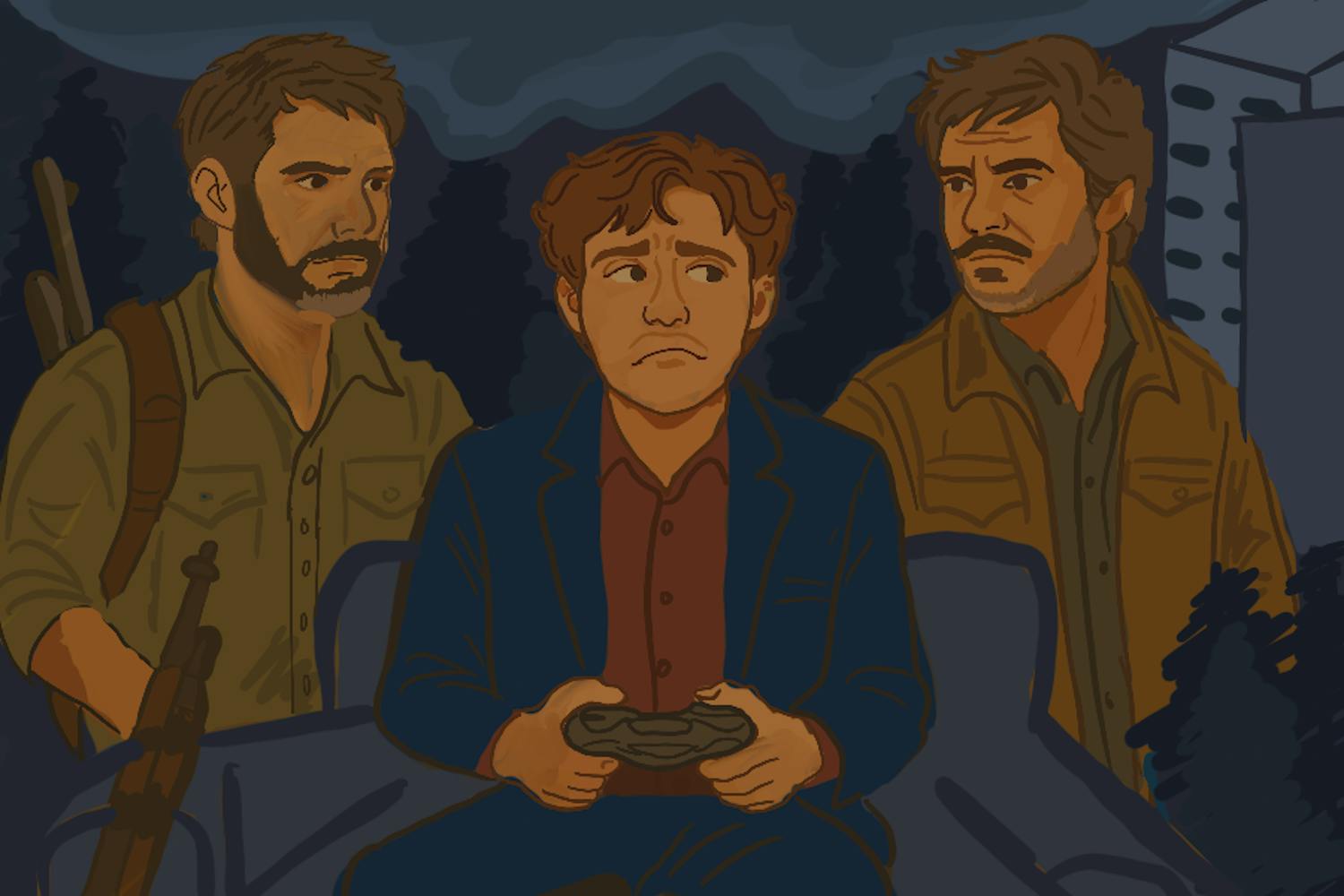‘Dragon Age 2’
BioWare
4.5/5 Pitchforks
Release date: March 8
It takes a lot to get me interested in a fantasy game. There are so many different entries into the genre and the majority of them end up feeling a bit too much like “Lord of the Rings.” Somehow the game developer BioWare managed to breathe new life into the genre with its release of “Dragon Age 2.” The game improves upon the original “Dragon Age” game play in almost every way, while at the same time tells a tale that doesn't feel like every other fantasy story.
The game’s narrative is told in a rather unique way. After choosing a male or female mage, rogue or warrior, the player is told that that his or her character is named Hawke. He or she will become the hero of a city named Kirkwall. A group called the Chantry, or the “Dragon Age” version of the Catholic Church, has been looking for Hawke, believing he or she can stop a civil war that's coming.
The story is very different from others fantasy titles. The game still uses staples of the genre, such as elves and dwarves, but the overall narrative is very different. Fantasy stories tend to deal with an enemy bent on taking over the world, but “Dragon Age 2” has a far smaller scope. The game only really deals with the city of Kirkwall and its internal struggle, which is a great choice on behalf of the creators.
Unfortunately narrowing the scope is also the game’s biggest weakness because we are only given one city to explore. The game is incredibly long and you will find yourself walking through the same corridors over and over again.
While the story is good, the gameplay is a bit of a slow burn. In a game that can easily take 30 or more hours to complete, that's not necessarily a good thing. Large sections of the game will feel like they are not adding anything to the overall story, only to become a lot more important toward the end of the game. Unfortunately the game's ending is unsatisfyingly left on a bit of a cliffhanger.
A major improvement from the original “Dragon Age” is the ability players have to choose what they want Hawke to say. What’s great about this system is the game keeps track of your choices. If you constantly choose sarcastic responses, your character will start to become far more sarcastic. It's a small thing that really makes you feel like your choices matter.
Of course, the game has a lot of combat in it as well. The first thing the game asks you to do is pick between a mage, rogue and warrior. In the original “Dragon Age,” balance between the classes was a little off. The mage was incredibly powerful and the other two were just not as much fun to play. Lucky this isn't an issue with the sequel. Each class is fun to play and they all feel well balanced.
The combat system is great because it can be played in several ways. The game can either be played as a straight action game or the focus can be more on strategy. As the player, you create a group of four members, mixed and matched from a cast of characters who each have their own fighting styles. The combat system ends up becoming incredibly deep; when one of your strategies works it can be very rewarding.
The original game’s biggest criticism was that it was built for the PC. Console games provided a less meaningful experience because the combat system felt dumbed down. This issue has been fixed. Although the game is much more of an action game on the consoles, it’s just as fun on a PC, especially if you’re like me and prefer to play with more of a strategy.
Everything from the gameplay and the graphics to the way the story is told is an improvement over the original game. Despite the fact that I would have preferred the environments to be a little more varied, “Dragon Age 2” stands head and shoulders above anything else released in the genre. Even after staring at the same city for a few dozen hours, I am ready to jump right back into the game all over again.
Reach the reporter at tkuipers@asu.edu



